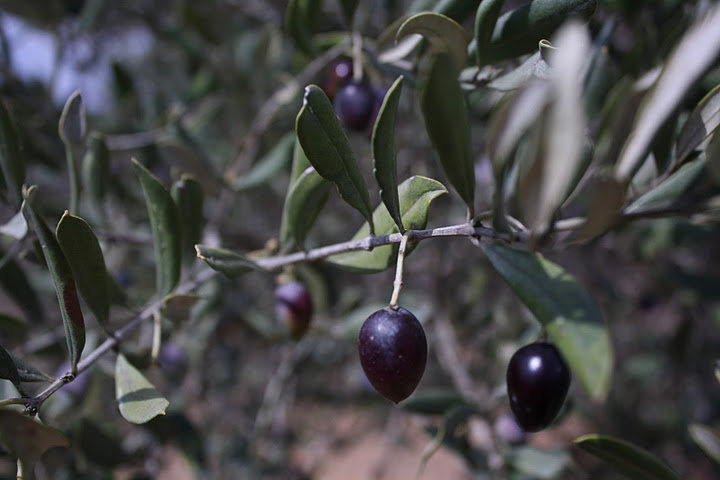-
A land divided: Gate closures for Salim’s olive harvest by IOF
3 October 2011 | International Solidarity Movement, West Bank As Palestinians in Salim began the first day of their annual olive harvest this morning, October 2nd, Israeli Occupation Forces locked the gate which gives those living in Salim access to their olive trees. The gate was unlocked at 7:00am to allow farmers to reach their […]
-
Bil’in takes art as a means of resistance
30 September 2011 | Popular Committee against the Wall and Settlement of Bil’in Dozens of demonstrators were asphyxiated by tear gas during the weekly march organized by the Popular Committee Against the Wall and Settlements in Bil’in. Present at the demonstration were Chairmen of the Advisory Council for a Green Palestine, Basem al Masri and […]
-
The psychology and coping of Balata refugee camp
by Alistair George 30 September 2011 | International Solidarity Movement, West Bank Balata refugee camp, 2km east outside of Nablus, in the North of the West Bank, is a densely packed grid of permanent buildings and tight streets, many narrower than shoulder-width. Buildings rise higher each year as residents add extra storeys to cope with […]
Action Alert An Nabi Saleh Apartheid Wall Arrests BDS Bethlehem Bil'in Cast Lead Demonstration Denial of Entry Ethnic Cleansing Farmers Gaza Global Actions Hebron House Demolition International law Israeli Army Jerusalem Live Ammunition Nablus Ni'lin Prisoner Ramallah Rubber-coated steel bullets Settlement Settlers Settler violence Tear-Gas Canister Video

